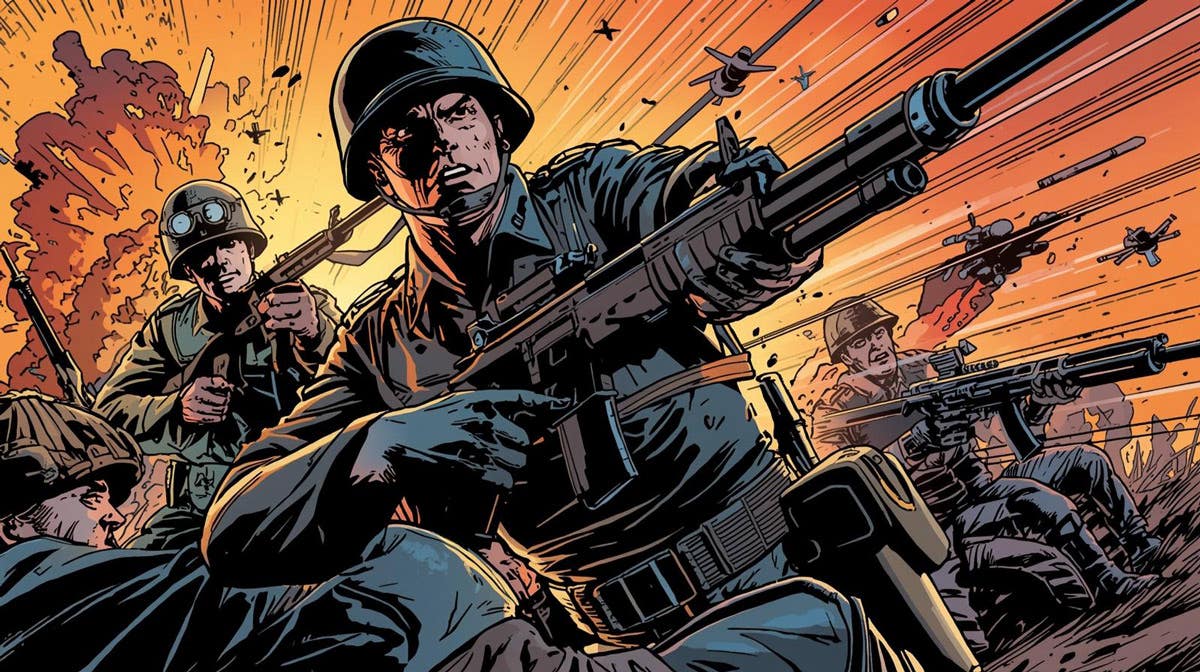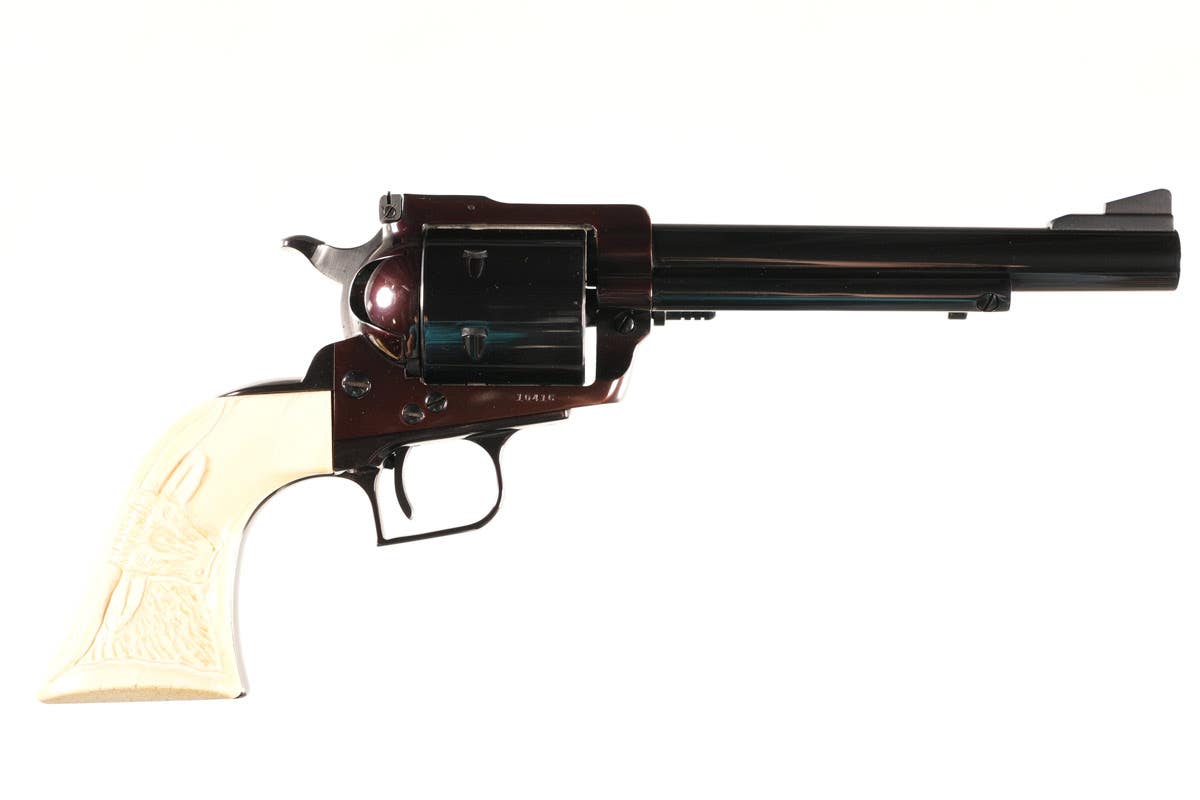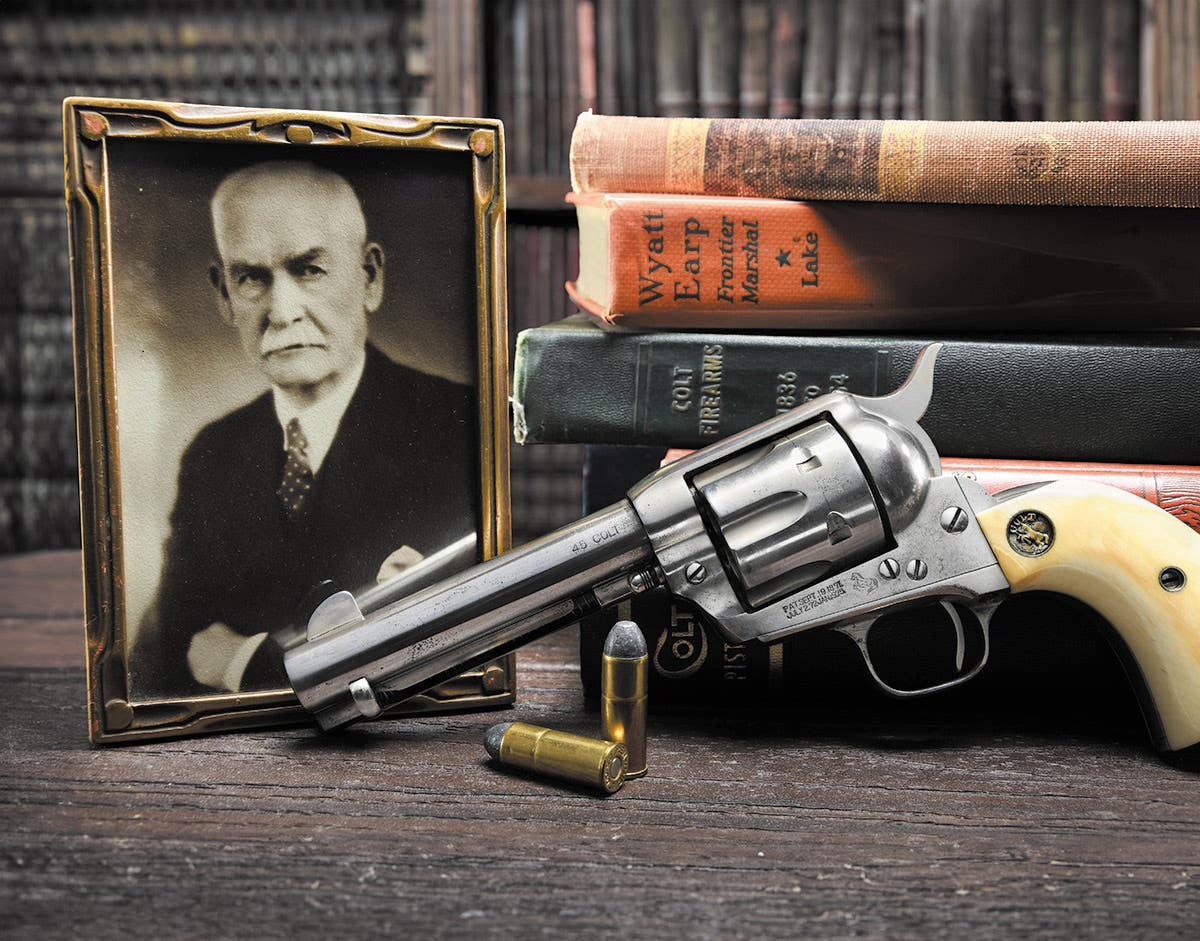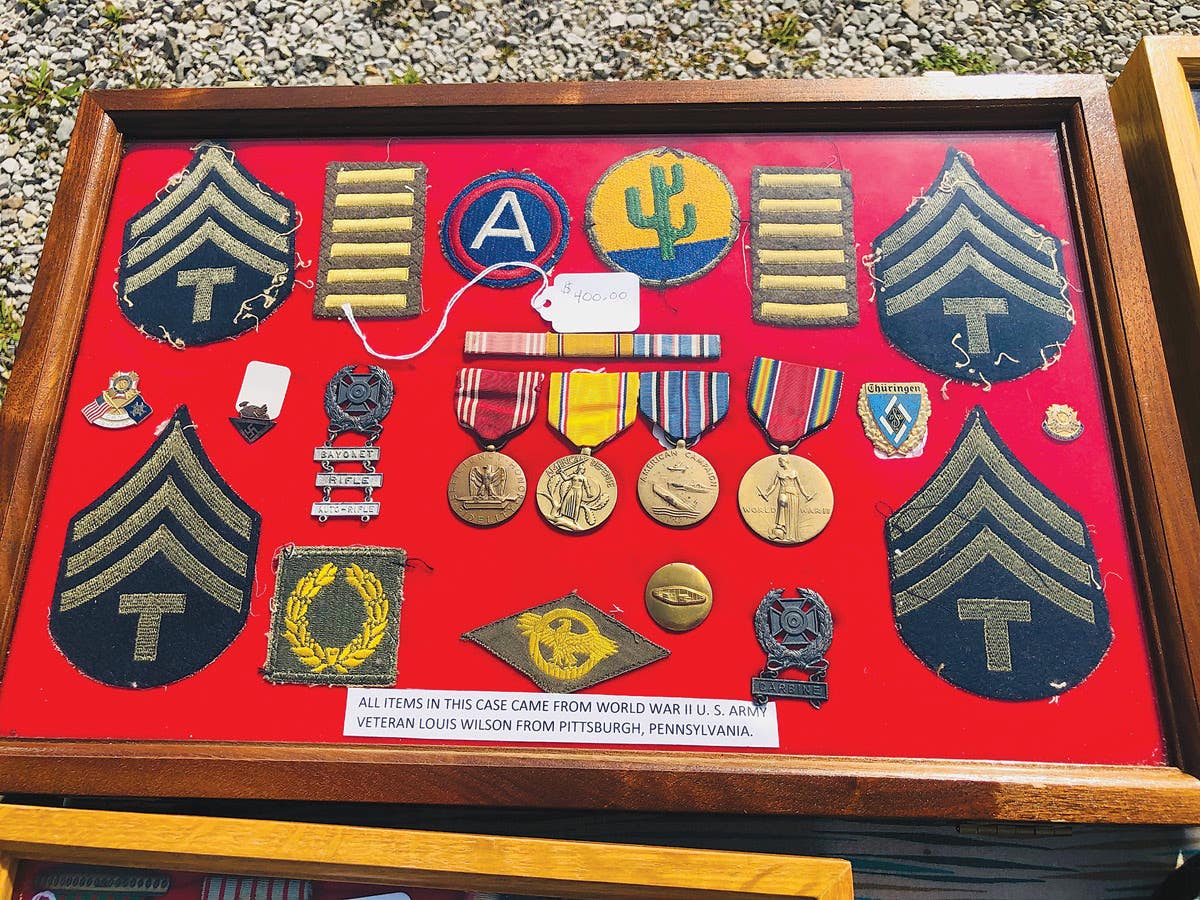Oscar Returns to Army
Sixty-six years after first earning an Academy Award, the Oscar statuette is now back in the hands of the U.S. Army and bound for Washington, D.C., to be placed on display at the Pentagon.
LOS ANGELES --The Army, with a hand from Hollywood, has received a long-lost Oscar back into its ranks.
The little statue took a long, and largely unknown path before being passed from Academy of Motion Picture Arts and Sciences President Sid Ganis to an Army general in a recent ceremony and screening.
In 1942, a few weeks after Peal Harbor, filmmaker Frank Capra joined the Army and was assigned to create a film series, "Why We Fight."
Maj. Frank Capra's 1942 documentary "Prelude to War," the first film in the United States Army Special Services' seven-picture "Why We Fight" series. Prelude to War was produced by the armed services to educate Americans, and new servicemen in particular, about the nation's objectives in entering World War II. It was required viewing by all troops entering the service.
Capra, who died in 1991, is best known for his direction of Academy-Award winning films "It Happened One Night" (1934), "Mr. Deeds Goes to Town" (1936), and "You Can't Take It With You" (1938). He also directed then-newly-returned Army war veteran Jimmy Stewart in the 1947 Christmas classic "It's a Wonderful Life."
He showed the finished work to Army Chief of Staff Gen. George C. Marshall, who insisted that President Roosevelt see the film.
In his 1971 autobiography, "The Name Above the Title," Capra wrote of a screening at the White House. Amid the applause at the end, FDR exclaimed: "Every man, woman and child in the world should see this film!"
"Prelude to War" was at first seen solely by soldiers in Army quarters, but the Army eventually relented and 250 prints were sent to theaters across the country.
The Academy staged a screening of "Prelude to War" recently at the Pickford Center for Motion Picture Study in Hollywood.
Brig. Gen. Jeffery Phillips, the Army's deputy chief of Public Affairs, accepted the award on behalf of the Army, saying he believes that Capra would be proud that the Oscar has "made its way home to be with Soldiers."
"The documentary series helped build public support for the war effort," Phillips said. "His films were also instrumental in ensuring that all members of our armed forces clearly understood what was at stake."
In 1942, "Prelude to War" won an Academy Award for Best Documentary by the U.S. Army Special Services but, Ganis explained, the prize wasn't an Oscar but a plaque. All of the awards were in plaster, not metal, during the war because of the metal shortage.
After the war the Army received an actual Oscar statue and it was stored in the Army Pictorial Center.
When the center closed in 1970, the Oscar disappeared.
Earlier this year, Christie's auction house advertised an Oscar for sale. It was the missing "Prelude to War" award.
The Academy notified the army, which claimed the prize.
On Wednesday night, Ganis presented a polished, 8-pound Oscar to Brigadeer General Jeffrey E. Phillips, deputy chief of public affairs for the army.
The ceremony was followed by a screening of "Prelude to War."








